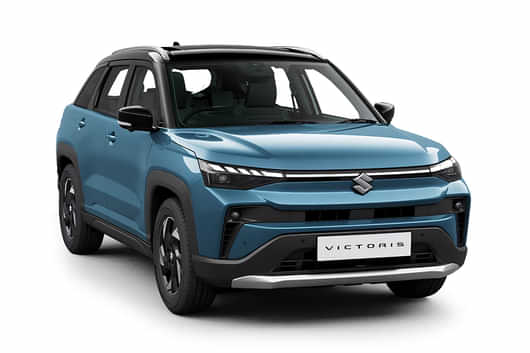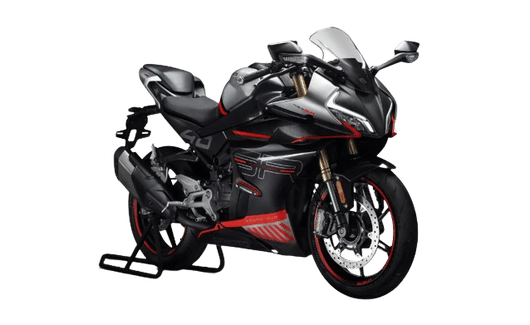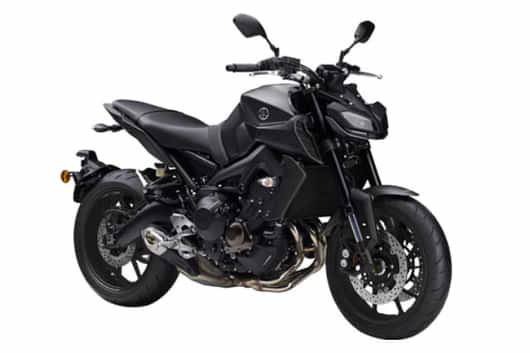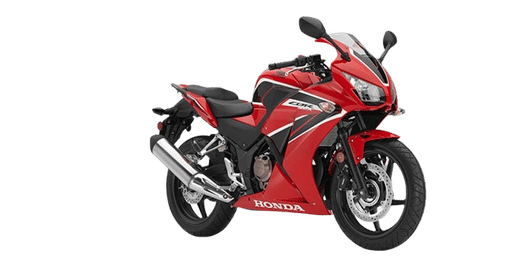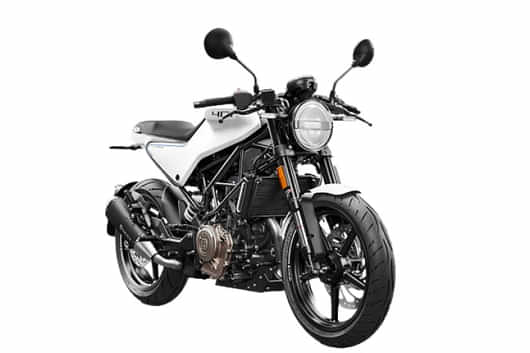
Are you confused regarding which braking system to buy for your bicycle? Are hydraulic disc brakes better than mechanical disc brakes? Your answer to these questions is in this "Hydraulic Vs Mechanical Bicycle Disc Brakes" article!
Evolution is persistent in generations to come. Like every other product, technology has gone through a tremendous phase of evolution which has complicated things. Bicycles too have evolved from their initial design even though the concept remains the same. Today choosing a cycle is a tough task like every other sea of products that exist in our world.
Bicycles have indeed evolved because today they are equipped with better technology and comes in various models which are based on different criteria of usage. So the task of choosing the best tech-based on utility is tough.
Like many components of a bicycle, choosing a good braking system on a bicycle also would have put a heavy load on your mind. Today, bicycles come with different kind of braking systems which have evolved in time. We have thoughtfully mentioned the difference and benefits of having a hydraulic disc brake and a mechanical disc brake to sort out the best bicycle brakes for you.
So, if you are looking for a bicycle braking system, you should read this "Hydraulic Disc Brakes Vs Mechanical Disc Brakes" article before choosing what you think could be the best:
Also Read: Here Is A Beginner's Guide For Buying A Cycle In India
The difference between Hydraulic and Mechanical Braking system:
Mechanical braking systems basically uses cables whereas a hydraulic braking system uses fluids to stop or slow down a bicycle. Mechanical braking systems are cheaper than hydraulic braking system. Not only that, the mechanical disc brakes on a bicycle is easy to maintain. All that mechanical brakes require is a change of brake pads. They are durable and effective when it comes to performance.
However, If you require superior performance, then purchasing a Hydraulic disc brake is the best option because they are one step above when it comes to performance compared to mechanical brakes.
Mechanical disc brakes have callipers that pull down the brake pads onto the rotor resulting in friction as a result of which the bicycle slows down. It is quite similar to the disc brakes found on motorcycles. Whereas Hydraulic disc brakes use fluid pressure to push the brake pads onto the rotor.
Usually, hydraulic disc brakes are used for mountain biking and disc brakes are used on road bicycles however, there is no rule that says they cannot be used on different terrains and conditions.
Boon of Mechanical Brakes:

As stated earlier, mechanical disc brakes are easy to maintain. They are less expensive and during service, the brake pads and cables are the only brake component that needs to be replaced.
Suppose you are riding and the brakes malfunction or do not function as efficient as before, you could stop and fix it with the help of an Allen key. The simplicity of the brake design makes it cheap to fix if they do not function properly.
Mechanical disc brakes basically have a tension cable which is usually made out of steel. The cables activate the pistons and compress the brake pads against the disc or rotor.
Bane of Mechanical brakes:
Mechanical disc brakes have the problem of stretching the steel cable over time. The brake housing has more friction which wears down the components inside the brake housing especially the brake pads. Mechanical disc brakes on Bicycles are known to accumulate grit and dust which will reduce their performance.
Also Read: Check Out This Beginners Guide For Trail Cycling And Off-Roading
Boon of Hydraulic brakes:

Hydraulic Disc brakes are known for being the best braking system that a cyclist can have because they have perfect modulation. It functions brilliantly no matter what terrain or weather they are used in. According to some experts, the stopping distance of cycles with hydraulic disc brakes is lesser than the cycles equipped with mechanical disc brakes. It is effortless and easy to use. Since they work on fluid pressure, hydraulic brake components are completely covered and are not exposed to external elements like grit and dust.
Bane of Hydraulic brakes:
Hydraulic disc brakes are hard to maintain and if in case it malfunctions, the possibility of fixing it on the go is minimal because of its complex design.
Another factor that keeps away cyclists from buying hydraulic braking systems is because they are expensive even when it comes to maintenance.
Maintenance of the brakes:
Hydraulic disc brakes require once a year maintenance. The brake fluid needs to be bled once a year. However, the slightest mistake while bleeding the brakes could ruin the rotors and components. Also, if you require professional help from someone like a mechanic, the cost of bleeding brake fluids will be high.
In the case of a mechanical disc brake, the only problem is that one would need to keep the rotors and components clean on a daily basis as grit and dust can easily enter the brake components. The only problem with the mechanical brake is that to get good performance out of it, one would need to tweak and tighten the brakes regularly. If not the effectiveness of the brakes will be minimal.
Our verdict: Mechanical disc brakes are efficient if proper maintenance is done regularly whereas hydraulic system would only require you to schedule maintenance once every year. The performance of the hydraulic brakes is better than the mechanical brakes so we believe that Hydraulic disc brakes have won this battle. After all, all of it comes down to braking performance.
Do you think that the hydraulic disc brakes of bicycles are better than mechanical disc brakes? Please tell us your thoughts in the comment section below. Also, join our 91Wheels Telegram group to know more about vehicles, conduct discussions on your favourite ride and much more!




